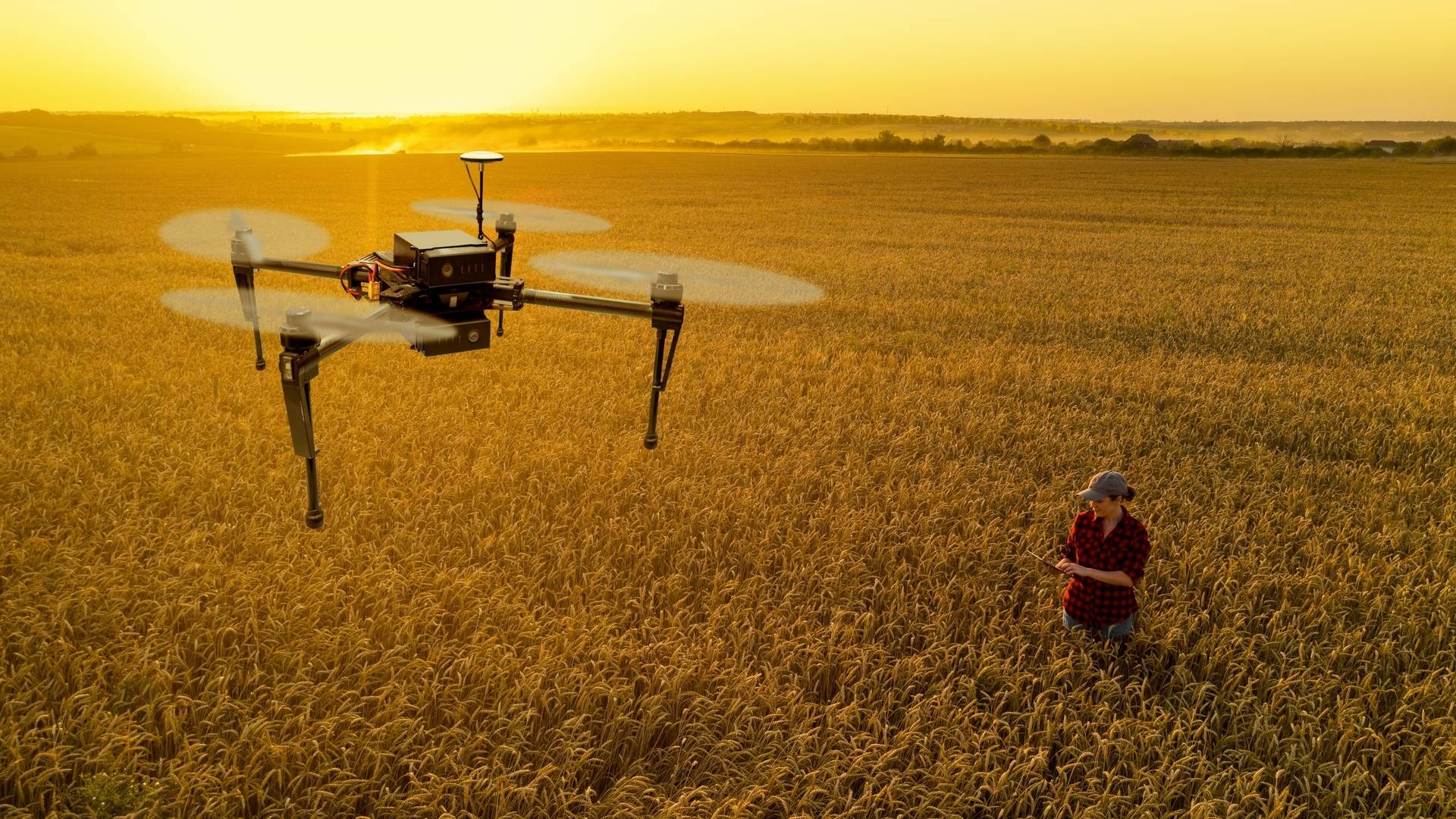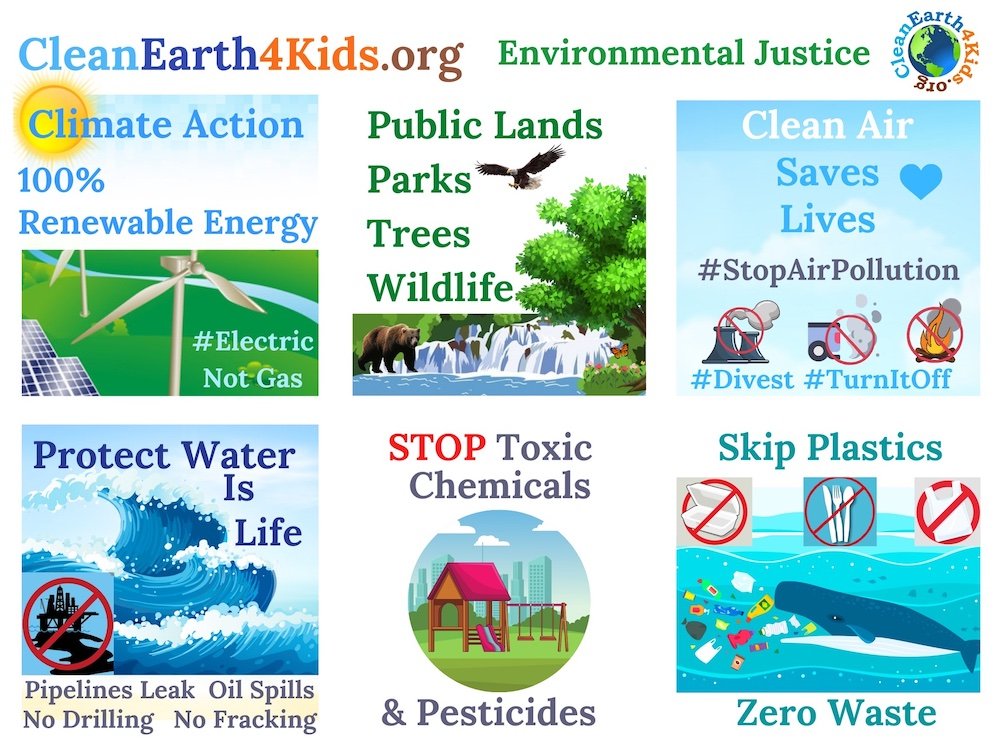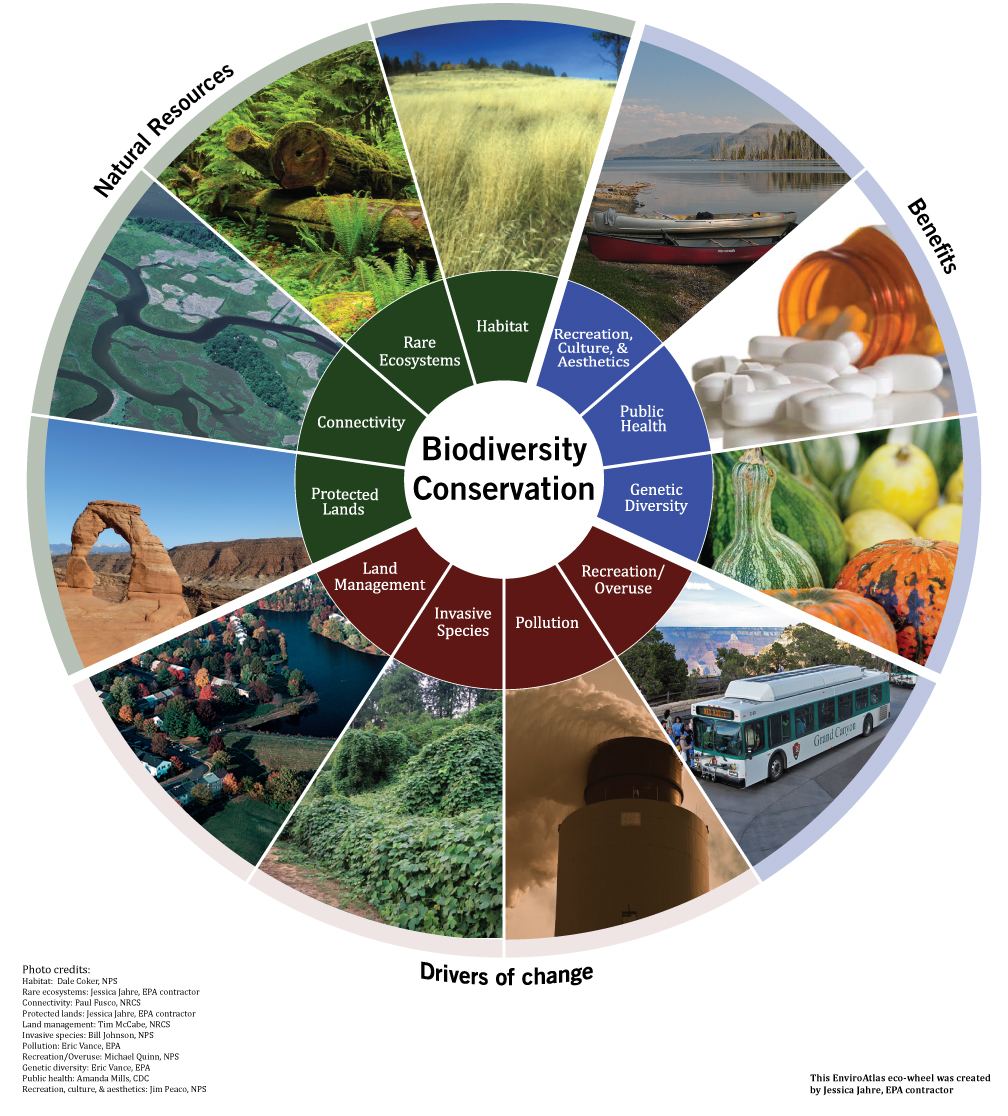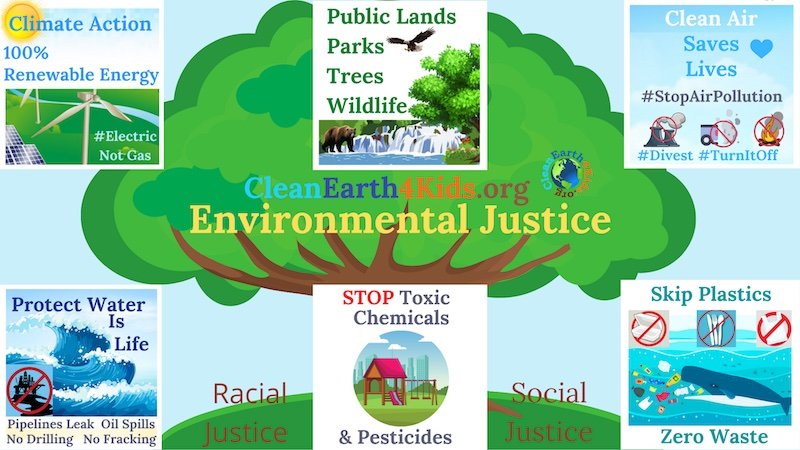Farming has come a long way over the years. From the primitive agricultural practices of our ancestors to the highly efficient systems used today, the evolution has been remarkable. But with a growing global population, climate change and other environmental pressures, there’s a need for even more innovative solutions to ensure food security in the future. And this is where revolutionizing farming comes in.
Revolutionizing farming is not just about using high-tech tools and automation systems. It’s about transforming the entire food production process and making it sustainable, efficient, and resilient. It’s about ensuring that the farming practices of today do not compromise the ability of future generations to meet their food needs.
So, how can we revolutionize farming for future generations? Here are some ideas:
1. Adopting precision farming techniques
Precision agriculture is an advanced farming technique that uses a combination of tools such as sensors, GPS, drones, and AI to monitor crop growth and soil health in real-time. This approach has shown significant promise in increasing crop yield, reducing waste, and minimizing the use of fertilizers and pesticides. The data generated from these tools helps farmers make informed decisions and optimize their farming operations.
2. Use of vertical farms
Vertical farming is a futuristic way of growing crops that involves stacking layers of plant beds on top of each other in a vertical tower. This method optimizes space usage, reduces water and energy use, and minimizes the effects of weather and climate change. The use of soil-free growing mediums such as hydroponics or aeroponics ensures a sterile environment for the plants and eliminates the risk of soil-borne diseases.
3. Deployment of drones
Drones have been a game-changer in agriculture. They can quickly scan fields, taking high-resolution images that allow farmers to detect crop stress, monitor pest infestations, and identify irrigation patterns. They’ve also been used for precision seeding, spraying, and irrigation applications. With the help of AI, drone technology is becoming more efficient, accurate, and accessible.
4. Promotion of sustainable practices
Sustainability is the key to the future of agriculture. It is essential to ensure that natural resources such as land, water, and air are used in a way that does not cause damage to the environment. The promotion of sustainable farming practices such as crop rotation, reduced tillage, cover cropping, and integrated pest management can help conserve soil moisture, reduce soil erosion, and minimize greenhouse gas emissions.
5. Invest in Agtech
Agtech encompasses any technological development that helps to enhance the efficiency, productivity, and sustainability of the agriculture sector. This includes big data analytics, robotics, AI, blockchain, and the Internet of things. Through Agtech, farmers can make data-driven decisions, streamline operations and optimize resources. Investment in Agtech can help democratize access to technology and ensure that even small farmers can benefit from advanced technologies.
Revolutionizing farming for future generations is a collective responsibility, and it requires multi-stakeholder collaboration, including policymakers, farmers, researchers, and industry players. It’s not an easy task, but it’s something that must be done if we are to safeguard food security in the years to come. By adopting the technologies mentioned above and promoting sustainable practices, we can achieve food production that is resilient, efficient, and sustainable – thereby ensuring that future generations can enjoy abundant, healthy, and affordable food.











